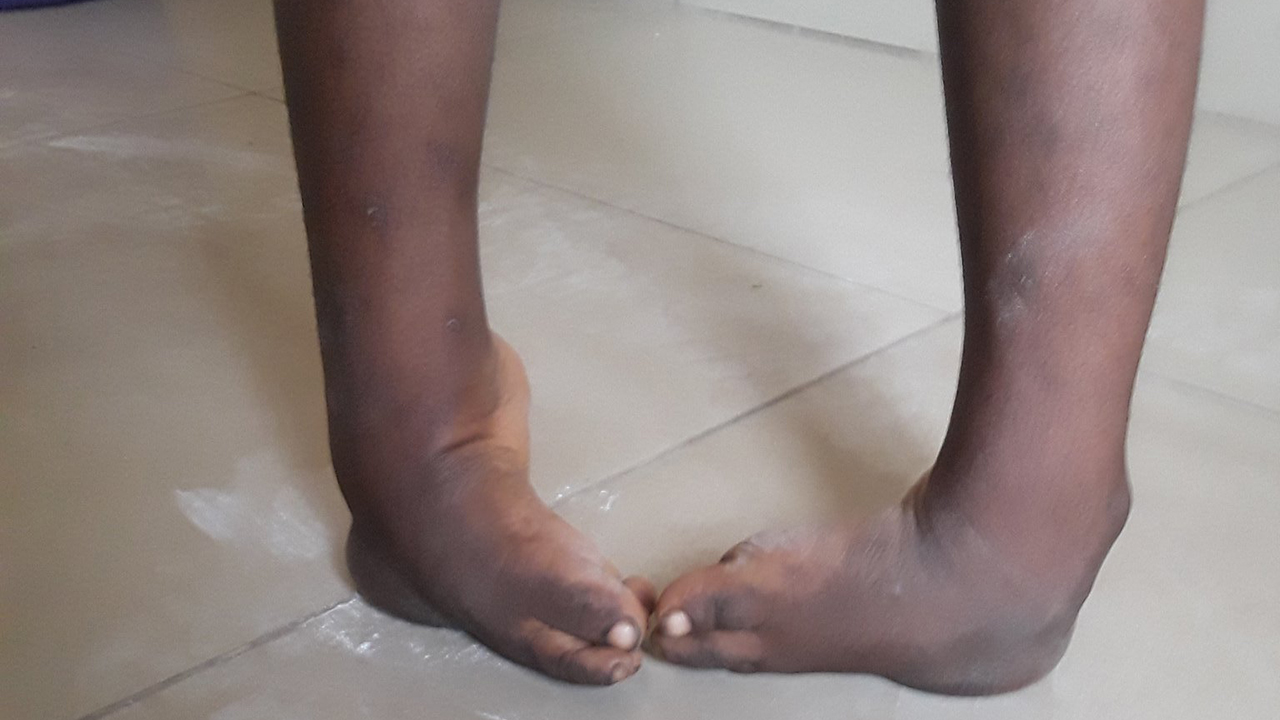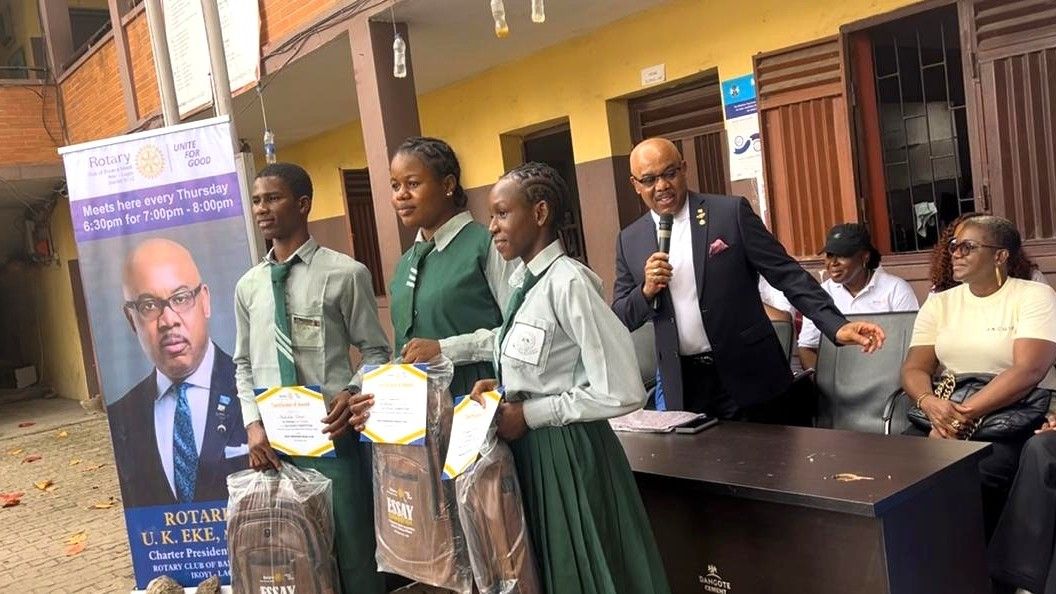
Amid the recent national grid collapse, the Global Energy Alliance for People and Planet (GEAPP)—a global climate initiative backed by the Rockefeller Foundation, the Bezos Earth Fund, and the Ikea Foundation—has launched a solar mini-grid in Nigeria.
According to a Bloomberg report, the solar mini-grid programme could address the erratic power supplies that hinder productivity in Africa’s most populous nation.
The Guardian reports that Nigeria’s national power grid collapsed for the third time in a week at the weekend, resulting in a nationwide blackout. Data from the Nigerian System Operator’s portal (niggrid.org) showed that the grid recorded zero megawatts (MW) of electricity at 8:16 a.m. on Saturday. All 22 of the country’s power generation companies were offline at the time, marking the eighth grid disturbance in 2024.
This ongoing instability is part of a broader issue for Nigeria, which has one of the largest populations worldwide without consistent access to electricity. While the national grid has a 4,000 MW capacity, frequent outages leave approximately 86 million Nigerians, including students, without power, crippling industries in the process.
Akinwunmi Adesina, President of the African Development Bank (AfDB), noted the economic impact of the energy crisis, saying: “It has been estimated by the IMF that Nigeria loses about $29 billion annually, or 5.6% of its GDP, due to unreliable power supply. Nigeria also spends $14 billion per year on generators and fuel.
“The lack of electricity is killing Nigerian industries. Today, no business can survive in Nigeria without generators. Consequently, the abnormal has become normal.
“Nigeria has abundant gas and crude oil, yet 86 million people live daily without electricity. Nigeria now leads the world in the total number of people without electricity.”
In 2018, the Manufacturers Association of Nigeria (MAN) reported that industries spent N93.1 billion on alternative energy sources.
In response to the unreliable power supply, Bloomberg reports that the mini-grids, operated by private developers, are designed to provide continuous electricity to homes and businesses, reducing dependence on the unstable national grid.
GEAPP initiated its first interconnected mini-grid in December, with two more currently under construction and funding secured for a fourth.
“Initially, GEAPP aims to establish a pilot in each region covered by Nigeria’s 11 power distribution companies and ultimately facilitate 10 gigawatts of mini-grids. The programme complements earlier efforts to deploy mini-grids in areas lacking national power access,” Bloomberg stated.
During a project site visit in Ogun State, Muhammad Wakil, GEAPP’s country delivery lead, stressed the scale required to tackle energy poverty, saying, “We need hundreds or thousands of these kinds of projects across Nigeria to end energy poverty. We have shown it’s a viable business model.”
In addition to building mini-grids, GEAPP’s Demand Aggregation for Renewable Technology (DART) programme pools the needs of multiple developers to reduce the cost of solar equipment.
The DART programme includes a $25 million financing facility that allows developers to borrow in dollars for equipment imports and repay in naira once revenue flows begin.
“That activity has observed savings of up to 30% for the developers,” Wakil said, referring to the cost-cutting pooling arrangement.
GEAPP also offers grants, loans, and technical assistance to mini-grid developers, leveraging a government regulation introduced last year that permits mini-grids to operate alongside the national grid.
Wakil noted that the programme’s success has prompted the World Bank to pledge $130 million for similar initiatives.
The DART programme is seen as a model for the World Bank and African Development Bank’s Mission 300 programme, which has committed $30 billion to provide electricity to 300 million Africans by 2030.
“I feel like Mission 300 is based on the Nigerian experience. It’s about expanding this model and replicating it across at least 15 African countries,” Wakil added.






